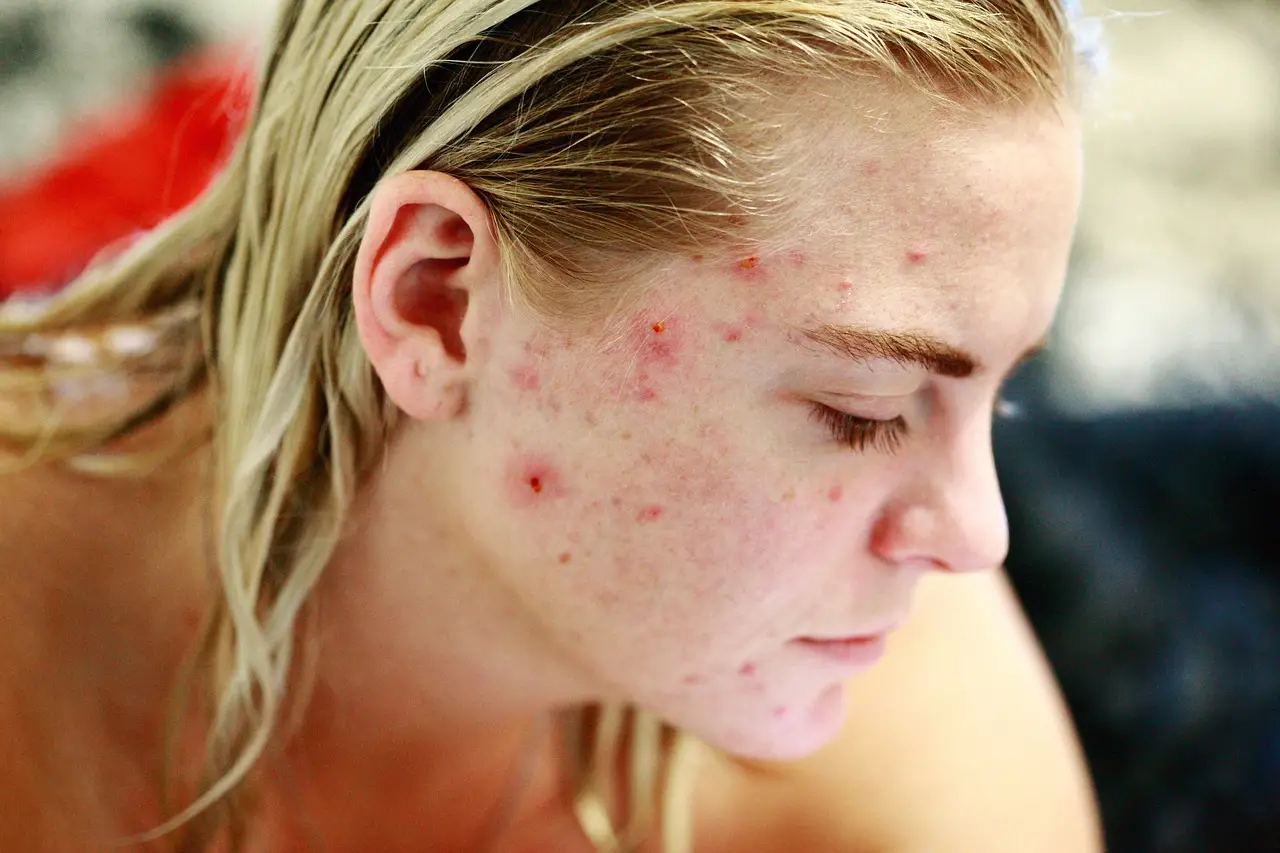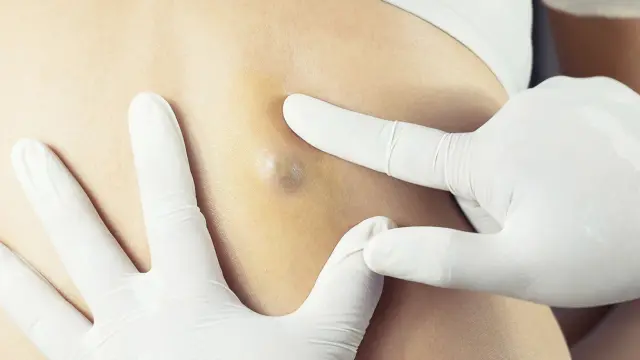Acne is a common skin condition that affects millions of people worldwide, regardless of age or gender. While it is often associated with adolescence, acne can persist into adulthood and have a significant impact on an individual’s self-esteem and overall well-being. Below, we will explore the different types of acne, the underlying causes, and effective treatment options available at California Dermatology Institute to help you achieve clearer, healthier skin.
Types of Acne
1. Comedonal Acne: This type of acne is characterized by the presence of comedones, which are non-inflammatory lesions that can appear as blackheads or whiteheads. Comedonal acne is often caused by the buildup of dead skin cells and sebum within hair follicles.
2. Inflammatory Acne: Inflammatory acne involves the formation of red and swollen pimples, papules, and pustules. This type of acne occurs when the hair follicles become infected with bacteria, leading to inflammation and the development of inflammatory lesions.
3. Cystic Acne: Cystic acne is a severe form of acne characterized by large, painful, and deep-seated nodules or cysts beneath the skin’s surface. It is often associated with hormonal imbalances and can lead to scarring if not treated promptly.
4. Acne Rosacea: Acne rosacea is a chronic inflammatory condition that primarily affects the face, causing redness, flushing, and the development of papules and pustules. It is important to note that acne rosacea is a distinct condition from common acne and requires specific treatment approaches.
Causes of Acne
Several factors contribute to the development of acne, including:
- Excessive Sebum Production: Overproduction of sebum, an oily substance that helps lubricate the skin, can contribute to clogged pores and the formation of acne lesions.
- Bacterial Infection: The presence of Propionibacterium acnes (P. acnes), a bacteria that naturally resides on the skin, can cause inflammation and contribute to the development of acne.
- Hormonal Changes: Hormonal fluctuations, such as those that occur during puberty, menstruation, pregnancy, or hormonal disorders, can trigger acne outbreaks.
- Genetic Predisposition: Family history plays a role in acne development, suggesting a genetic component in its occurrence.
- Lifestyle Factors: Certain lifestyle factors, including diet, stress, and exposure to environmental pollutants, can influence the severity and frequency of acne breakouts.
Effective Treatments for Acne
At California Dermatology Institute, we offer a comprehensive range of treatments to effectively manage acne and improve the appearance of your skin. Treatment plans are tailored to the specific needs of each individual and may include:
1. Topical Treatments
- Retinoids: These vitamin A derivatives help unclog pores, reduce inflammation, and promote skin cell turnover.
- Benzoyl Peroxide: This ingredient has antibacterial properties and helps reduce acne-causing bacteria.
- Antibiotics: Topical antibiotics can be prescribed to control the growth of bacteria on the skin and reduce inflammation.
2. Oral Medications
- Oral Antibiotics: In cases of moderate to severe acne, oral antibiotics may be prescribed to address inflammation and kill bacteria.
- Hormonal Therapy: For females with hormonal acne, certain oral contraceptives or anti-androgen medications may be recommended to regulate hormone levels.
3. Advanced Treatments
- Chemical Peels: Chemical peels can exfoliate the skin, unclog pores, and reduce the appearance of acne scars and pigmentation.
- Laser Therapy: Laser treatments can target and destroy acne-causing bacteria, reduce inflammation, and promote skin healing.
- Microneedling: This minimally invasive procedure stimulates collagen production and improves the appearance of acne scars and texture irregularities.
4. Lifestyle Modifications
- Skincare Routine: Our dermatologists can guide you in establishing an effective skincare routine tailored to your skin type and condition.
- Dietary Adjustments: While there is no definitive link between diet and acne, some individuals may benefit from avoiding certain trigger foods.
- Stress Management: Stress can worsen acne symptoms, so incorporating stress-reducing techniques such as exercise, meditation, or counseling can be beneficial.
Acne is a common skin condition that can significantly impact an individual’s quality of life. At California Dermatology Institute, we understand the physical and emotional toll that acne can take, and our expert dermatologists are committed to providing comprehensive and personalized treatment plans. By addressing the underlying causes of acne and utilizing a combination of topical treatments, oral medications, and advanced therapies, we can help you achieve clearer, healthier skin. Don’t let acne hold you back—schedule a consultation with our dermatology team to take the first step towards reclaiming your confidence and enjoying a smoother, blemish-free complexion.





